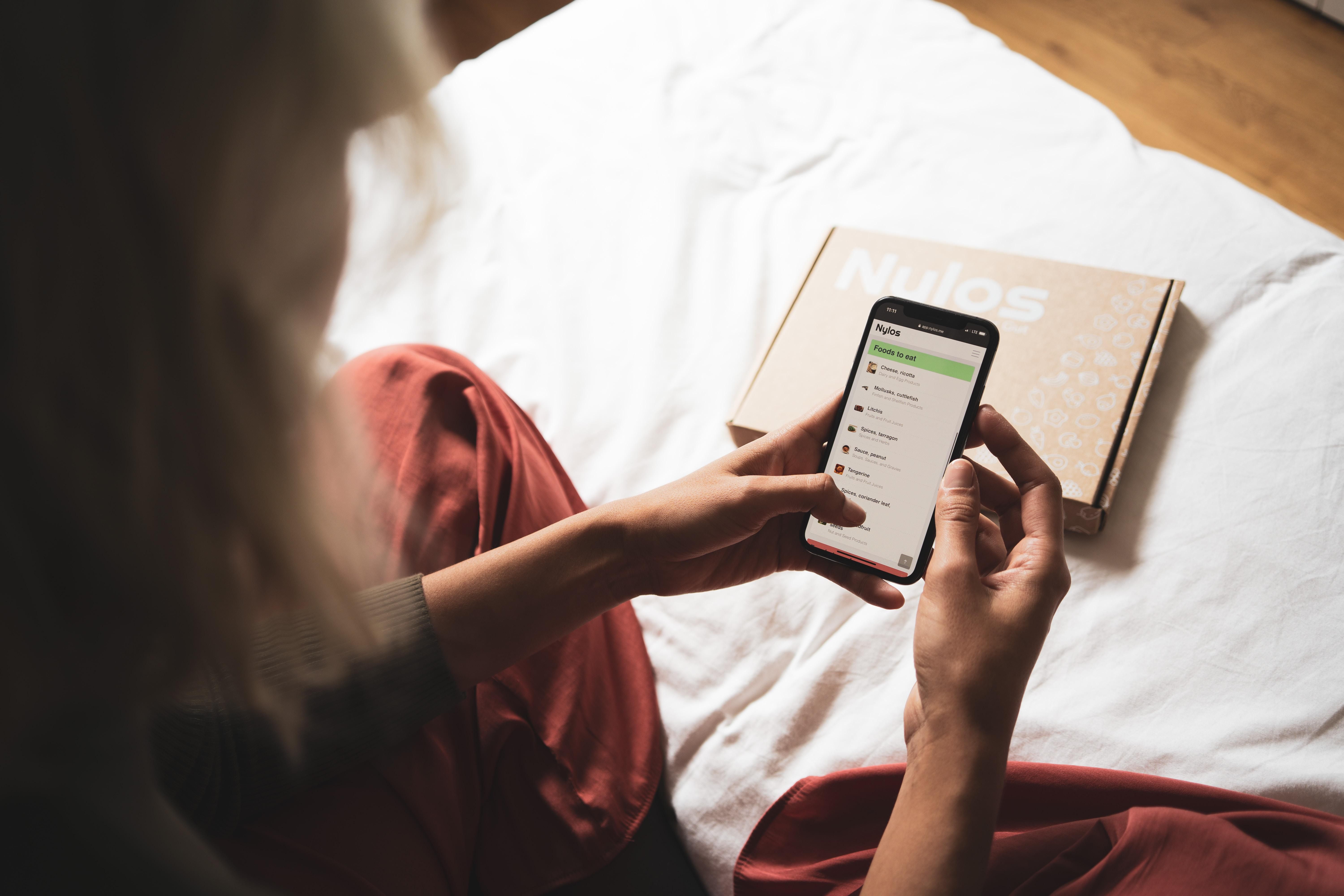The infinite scroll: What happens when you ditch your phone?
I remember getting my first iPhone when I was a middle schooler, and my oh my, was I so intrigued by this smart device. I understood that I could download apps, set an alarm to wake up, take photos, and much more.
Myspace was slowly coming to a close, and Instagram- which was relatively niche at the time - was the new social platform that piqued my interest. I was completely enamored by the photography, stories, and the news presented on the app, so I did what most people do: scroll through the material.
Fast-forward to the present day.
As someone in media, I am always looking at the latest news, trends, and finding inspiration on the internet, hence why my iPhone is always beside me. Don't get me wrong, I absolutely love researching and finding out what's going on in the world, but at the same time, it wasn't the healthiest thing to have my phone by me all the time.
But a couple of weekends ago, I decided to change things up.
I made the executive decision to sleep with the phone away from me, and the furthest place I could think to put it was on the couch, which is a few feet away from my bed.
READ: Big tech companies manipulate our behaviors. Can we control them?
We need to decide how we let technology platforms influence us
In addition, I contemplated setting an alarm to 7:30 am on my phone and streaming ambient music on my TV as well, but decided sleeping without having to worry about time, distracting lights, or a rigid routine would be the best option. I really craved sleep and a sense of renewal, so I hastily did my nighttime skincare routine, brushed my teeth, and climbed into bed, drifting off into the abyss of my subconscious.
As I drifted off into slumber, the moment was rather peaceful and serene. However, I must address the emotional aspects that I experienced as well. A plethora of emotions filled my mind because the room was dark, preventing distractions and disturbances, which allowed every hope, fear, and desire to come to the forefront.
I thought about the current state of the world in terms of health and politics, how I'm feeling emotionally, and about things I shouldn't be concerning myself with. I was trying so hard to rid myself of these troublesome thoughts, but I felt it was becoming more intense. The only way to begin to expel them was to face them head-on, which was difficult, yet I triumphed.
I reminded myself that negative thoughts are natural to have as human beings, but you can't dwell on them. Accept them for what they are, see if there are solutions, and allow the thoughts to dissolve.
According to a study in the National Center for Biotechnology Information, a reason for why anxious thoughts occur, such as what I experienced when I was away from my phone, has been coined as NOMOPHOBIA, or NO MObile PHone PhoBIA, which is the fear of being separated from your phone. The study also mentions other mental disorders, such as social phobia, social anxiety, and panic disorder may also induce NOMOPHOBIC symptoms of insecurity and detachment from the digital world among teenagers (77% of them within the study felt this when they were without their mobile phones).
Although I'm not fearful of being away from my phone per se, the feelings of anxiousness and confusion when my phone isn't around because I use it for personal use and work-related things have become apparent after sleeping without my phone nearby. When I finally came to this realization, I felt more at peace and centered in this, understanding that I am more than a device.
When I finally awoke, I began to start my morning with a cup of coffee, reflecting on the thoughtfully healing night without my phone distracting me. Sometimes, it's good to unplug and connect with yourself internally. It just might be the healing you need.
If you are experiencing feelings of distress and isolation, or are struggling to cope, The Samaritans offers support; you can speak to someone for free over the phone, in confidence, on 116 123 (UK and ROI), email jo@samaritans.org, or visit the Samaritans website to find details of your nearest branch.
For services local to you, the national mental health database- Hub of Hope - allows you to enter your post code to search for organizations and charities who offer mental health advice and support in your area.
If you are based in the US, and you or someone you know needs mental health assistance right now, call National Suicide Prevention Helpline on 1-800-273-TALK (8255). The Helpline is a free, confidential crisis hotline that is available to everyone 24 hours a day, seven days a week.
Have you got something to say about this subject? Submit a post here and start the conversation.
- NOMOPHOBIA: NO MObile PHone PhoBIA ›
- iPhone Separation Anxiety | Psychology Today ›
- Smartphone separation anxiety: Scientists explain why you feel bad ... ›
- Does 'phone separation anxiety' really exist? | Health & wellbeing ... ›
- Excessive cellphone use may cause anxiety, experts warn - ABC ... ›
- How smartphone usage correlates with social anxiety and loneliness ›
